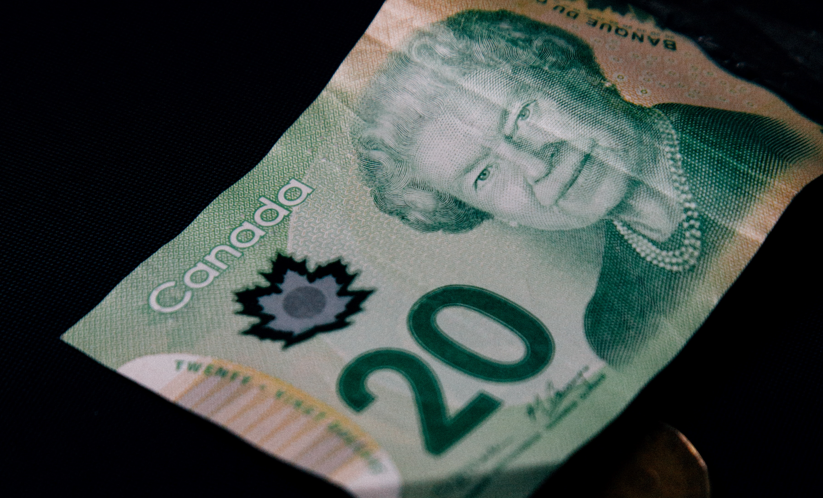My husband, who passed away several years ago, bequeathed corporate shares now worth $100,000 to our daughter. If she could declare some of the profits each year without selling shares, she’d incur no tax because her current student income is so low; but when she begins working, she’ll see a much smaller post-tax profit. Can she declare gains without first selling assets?
By Olev Edur
That’s a great question about a good idea. John Waters, the vice-president and director of tax consulting at BMO Private Wealth, agrees: “With little or no income, your daughter would benefit from low marginal tax rates and any tuition tax credits to offset tax otherwise owing on capital gains realized.
“However, generally a disposition is required to realize a capital gain,” continues Waters. “A common scenario is when a property is sold or gifted, but dispositions can be deemed by filing a tax election to realize accrued losses on a worthless security. Unfortunately a similar election is not available for realizing accrued capital gains.
“Your daughter could transfer investments to a relative or family corporation to create a disposition and trigger a gain, but then she wouldn’t have these shares for future appreciation. Alternately, selling a portion on the open market to realize the annual capital gain— then immediately repurchasing these same publicly traded shares—might accomplish your goal, as there are no rules against capital gains on sales and subsequent buybacks. This would also step up the cost base on her shares, which would reduce her capital gains on future sales.”
An accountant can help you navigate the various tax scenarios.






